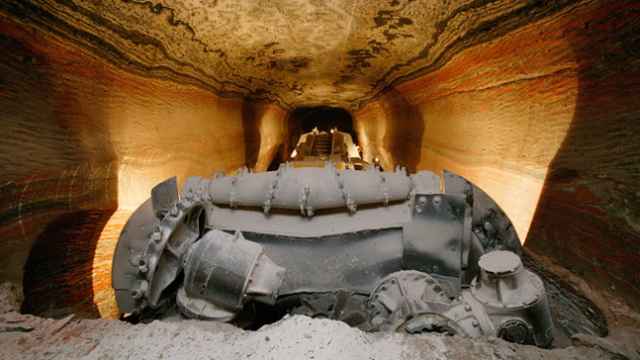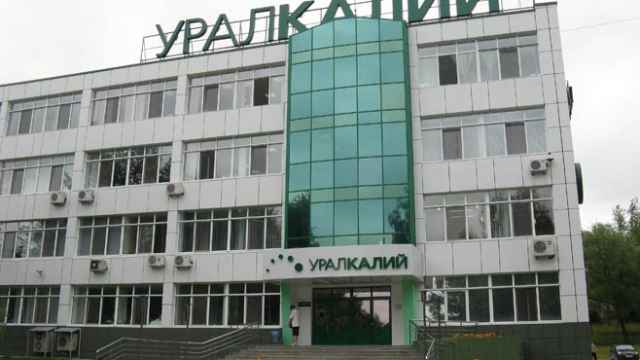Crisis-hit Belarus reached an unexpected agreement with China on Thursday over 2015 prices for the crop nutrient potash, undercutting Russian and North American rivals who were negotiating for higher rates.
Potash prices collapsed after Russia's Uralkali broke away from a joint trading venture with the Belarusian Potash Company (BPC) in 2013. They have failed to fully recover, amid competition between global producers who had previously maintained high discipline on pricing.
Thursday's deal makes it harder for the likes of Uralkali, U.S.-based Mosaic Co. and Canada's Potash Corp. of Saskatchewan and Agrium Inc. to agree on a higher price, as the first contract with China sets a benchmark for others. China is the world's biggest consumer.
Potash sales are a key source of foreign currency for former Soviet state Belarus, whose economy has been hit by the conflict in neighboring Ukraine and the plunge in the value of the Russian ruble. The government is planning to ask the International Monetary Fund for a new financing package.
"Every $10 million on account is a big bonus for the government in the current situation," said Yaroslav Romanchuk, the head of the Mizes think tank in the capital Minsk.
Belarus has agreed to increase the price of potash exports to China by $10 to $315 per ton in the first half of this year, BPC said. Its chief executive, Yelena Kudryavets, declined to comment on the overall size of the deal.
The contract, usually signed in January or February, has been delayed by leading producers this year as they were waiting for potash stocks in China to decline.
"The absence of the Chinese contract was having a negative impact on the potash market as a whole. Signing the contract later than March would be harmful for the market," Kudryavets told Reuters.
But Uralkali's head of sales, Oleg Petrov, said BPC had set a significantly lower price than other producers expected, and it would not provide the support the market needed.
"By waiting 2-3 weeks longer, the suppliers could have concluded a much more profitable contract," Petrov said by e-mail.
The price for exports to China is usually set by Uralkali, the world's largest producer, or by Canpotex Ltd., the offshore selling arm for the three North American companies.
Uralkali and Canpotex have been in negotiations with China over a price increase of $25-30 per ton, Petrov added.
A Message from The Moscow Times:
Dear readers,
We are facing unprecedented challenges. Russia's Prosecutor General's Office has designated The Moscow Times as an "undesirable" organization, criminalizing our work and putting our staff at risk of prosecution. This follows our earlier unjust labeling as a "foreign agent."
These actions are direct attempts to silence independent journalism in Russia. The authorities claim our work "discredits the decisions of the Russian leadership." We see things differently: we strive to provide accurate, unbiased reporting on Russia.
We, the journalists of The Moscow Times, refuse to be silenced. But to continue our work, we need your help.
Your support, no matter how small, makes a world of difference. If you can, please support us monthly starting from just $2. It's quick to set up, and every contribution makes a significant impact.
By supporting The Moscow Times, you're defending open, independent journalism in the face of repression. Thank you for standing with us.
Remind me later.





